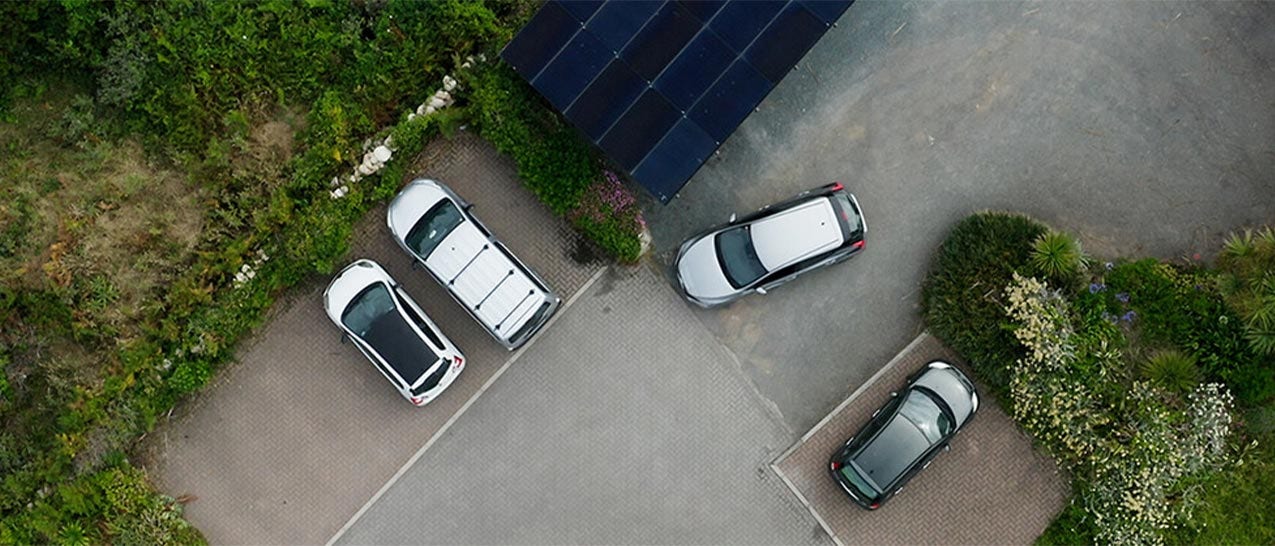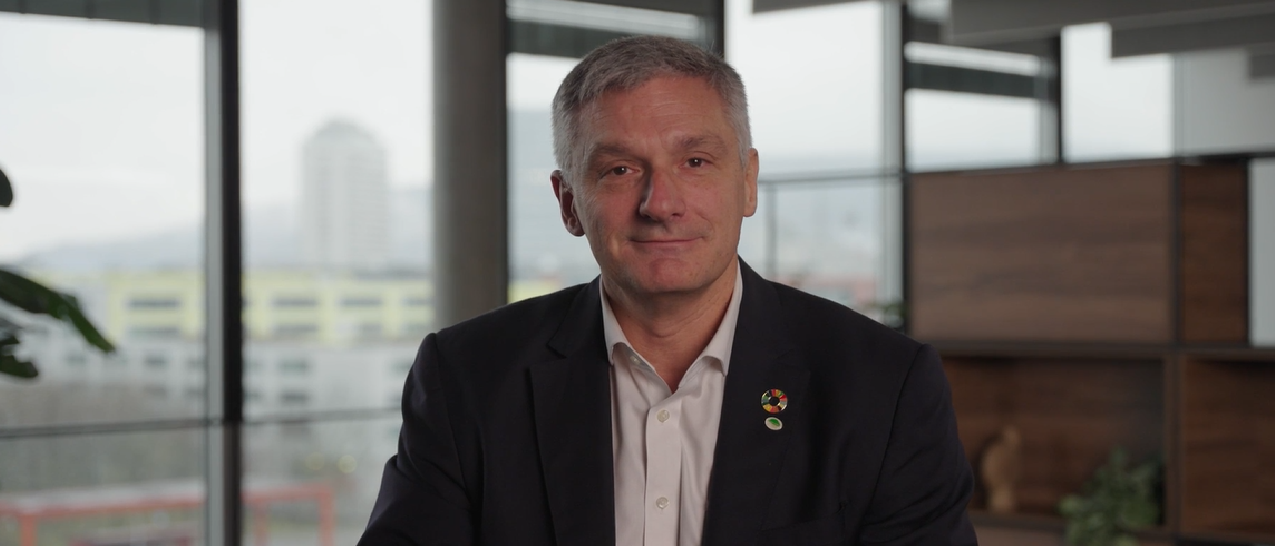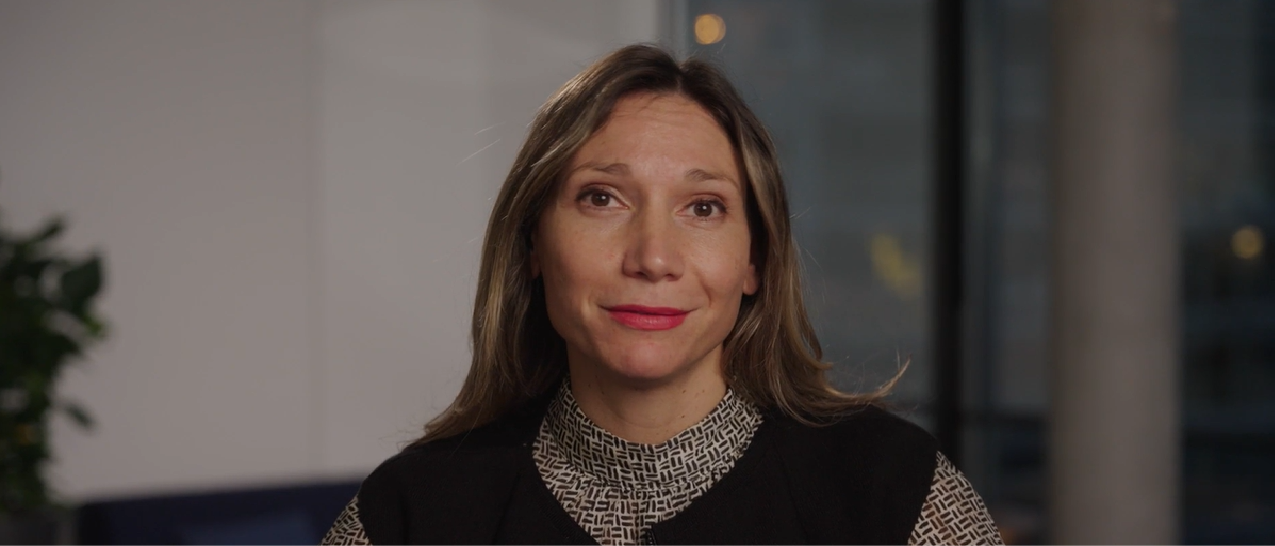

Start spreading the news: The Isles of Scilly case study inspiring a net zero future
As part of Hitachi's Climate Innovation Campaign, we explore a remote group of islands leading the way in energy management.
"If we can make it here, we can make it anywhere". That was the verdict of Hitachi Europe's Energy Innovation Programme Lead John Whybrow as he assessed a six-year transformational energy programme on the Isles of Scilly, the furthest point of the UK's National Grid.
As a collection of five inhabited islands with a population of just over 2,000, the Isles of Scilly was a community with a major energy poverty challenge. In order to address this, Hitachi teamed up with the local council and other partners to create the Isles of Scilly Community Venture and effectively establish a new system for energy management at this remote outpost.
Working together with the local community, the group created a mini future ecosystem on the island all connected together through data. Right at the heart of this is the GO-EV Car Share project, which allows islanders to rent an electric vehicle on an hourly, daily or weekly basis - where possible, these vehicles are powered using solar power and low carbon energy. People simply register and book one of ten vehicles - electric cars and vans - through a mobile app and collect from various points across the islands.
Given the size of the community, many people undertake more than one role, so the project delivers ease, convenience and cost-savings not to mention a huge environmental and social benefit, for example, helping to grow the island's meals on wheels scheme, which in turn allows less able people to remain independent in their own homes for longer.

But there's much more to it than that. The project is using data to optimise the flow of energy in three ways - understanding the most efficient time to charge vehicles, trialling different charging tariffs at different times of the day, and perhaps most significantly, delivering vehicle to grid (V2G) technology. The scheme includes V2G chargers, which means that when the vehicles are plugged in, they can discharge energy from their batteries back to the grid so that when the grid needs energy, for example around evening mealtimes, it is readily available. To underpin this, Hitachi has also helped to establish a solar farm, fitted 80 houses with solar panels, storage, smart controls or electric heating and supported over 200 small businesses with energy efficiency.
Putting an entire ecosystem in place has been transformational for this island community - not just by bringing down carbon emissions and improving the infrastructure, but by giving the community the flexibility to go about their day to day lives with more freedom.
But Whybrow is looking to the future not the past: "As you'd expect given the location and nature of the project, this has not been without its challenges, but working together we've been able to overcome them and deliver solutions that really work for this community. We're really proud of the impact of our work on the Isles of Scilly, but its real legacy will be the future projects it can inspire - what excites me are the learnings around the technology and how we integrate them into the everyday lives of businesses and communities across the UK.
"This project has directly helped us understand how to transition to a net zero future and a big part of that is the awareness and engagement we've been able to build right across the community. If we can deliver this in such a remote location then surely, we can deliver this across the major towns and cities of the UK? We certainly need to if we want to achieve the net zero ambitions we all so desire."









